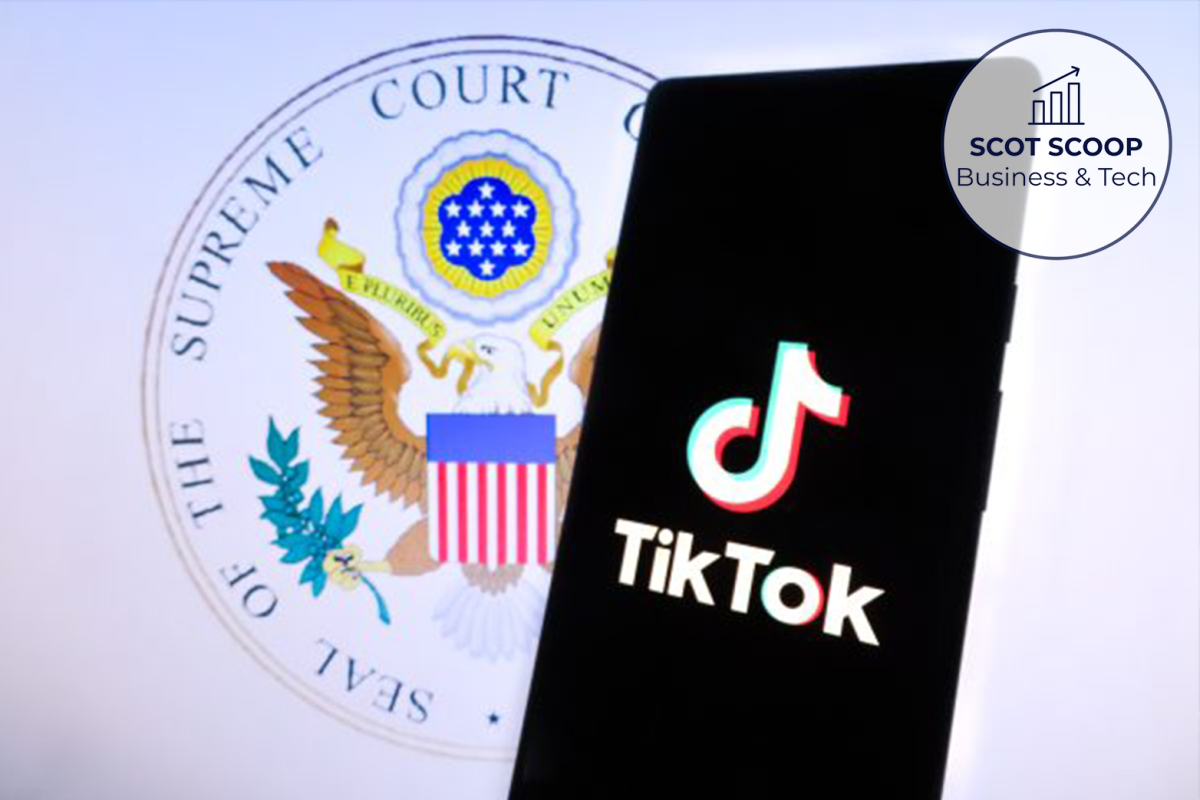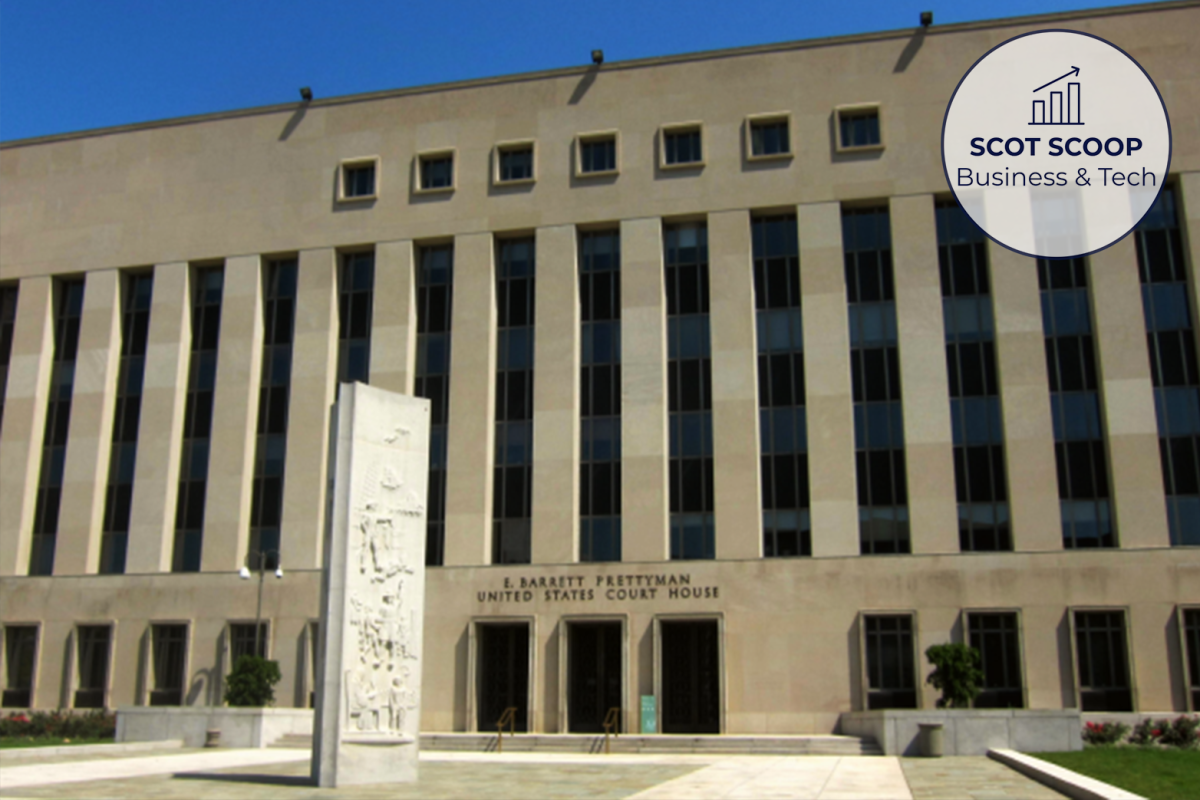A bill forcing the sale or ban of TikTok, a popular social media app, was signed into law on April 24.
The bill was passed with a 79-18 vote in the Senate. One reason for the overwhelming bipartisan support of the bill was concern about data privacy.
However, another reason for the support had to do with the coverage of Gaza on TikTok. Senator Mitt Romney said that the overwhelming support to ban TikTok was due to the comparatively higher amount of Palestinians supported by TikTok’s algorithm.
The measure was added to a bill providing foreign aid to Israel, Ukraine, and Taiwan. Although the law only directly targeted TikTok, it allows the President to ban any other social media owned by China, Russia, Iran, or North Korea if it was not sold.
A sale of the app would most likely be impossible, as ByteDance, TikTok’s parent company said that it would not sell the app. Chinese authorities would also likely block a sale of the company, according to observers.
Soon after an earlier version of the bill was passed in the United States House of Representatives, TikTok announced it would sue to block the ban.
Accordingly, TikTok sued the U.S. government on May 7 to block the law forcing a ban or sale of the app. In its lawsuit, TikTok called the new law “obviously unconstitutional,” claiming that the law allows Congress to bypass the First Amendment.
“Banning one social media platform used by millions of people around the world is not the solution,” said Patrick Toomey, deputy director of the American Civil Liberties Union’s National Security Project.
TikTok has had previous successes in similar legal battles. In 2020, courts found an executive order from the Trump administration to force a sale or ban of TikTok to be in violation of the First Amendment. Last November Montana’s statewide ban of TikTok was also found to likely violate the First Amendment.
“TikTok’s challenge to the ban is important, and we expect it to succeed,” Jameel Jaffer, executive director of the Knight First Amendment Institute at Columbia University, said in a statement. “The fact that some legislators have acknowledged that the ban was motivated by a desire to suppress content about the Israel-Gaza conflict will make the law especially difficult for the government to defend.”
Proponents of the law have defended the law, emphasizing its purported threat to national security.
“This is the only way to address the national security threat posed by ByteDance’s ownership of apps like TikTok,” said Rep. Raja Krishnamoorthi, ranking member of the House Select Committee on the Chinese Communist Party, in a statement Tuesday.












